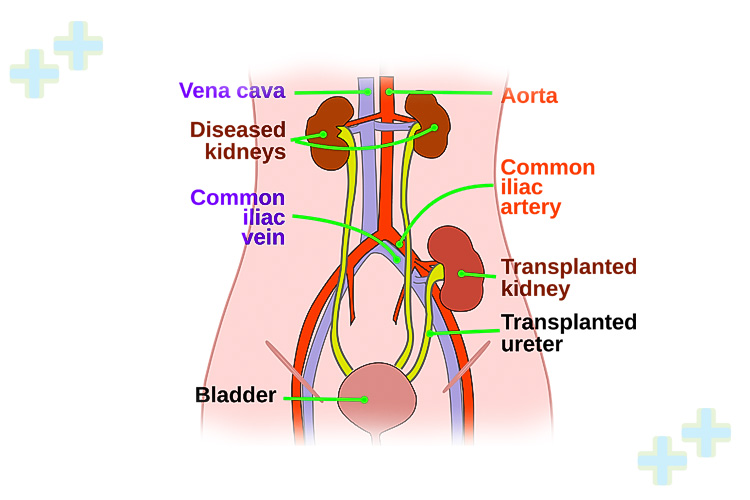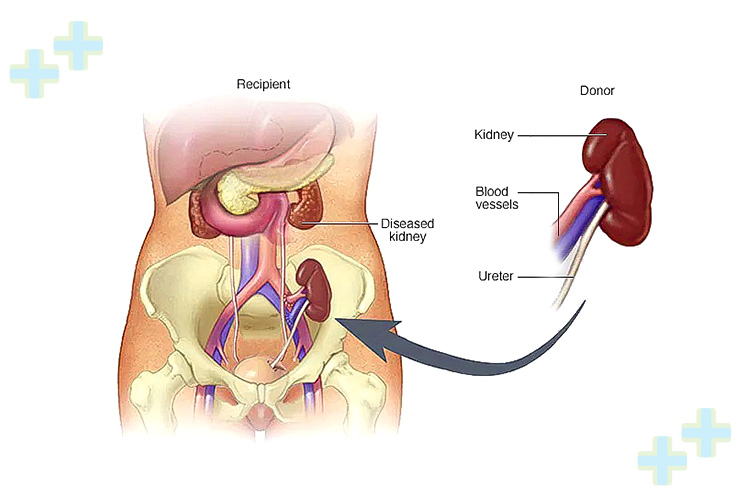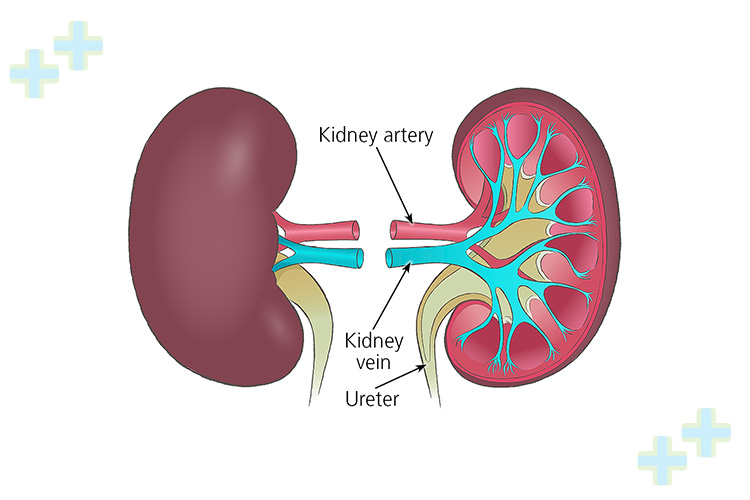Are You Up for a Kidney Transplant? Here’s What You Need to Know!
What Is a Kidney Transplant?
A kidney transplant is a surgical procedure in which a person receives a healthy kidney from a donor. Herein, replacement is done of a failing or damaged kidney with a healthy one from a donor. The donor can either be a living person or a deceased person. The new kidney takes over the function of the unhealthy organ and the person can lead a normal life.

What Is a Preemptive/Early Kidney Transplant?
An early kidney transplant, or a preemptive kidney transplant, is when a person with a kidney disease receives a kidney before they even start dialysis. Such kidney transplants are done when the person gets a new kidney even before any sign of kidney failure appears. In other cases, a kidney transplant is done when someone fails to respond to dialysis or when dialysis is no longer effective. As the preemptive or early kidney transplants are done before a person starts dialysis, they are therefore more beneficial for the recipient.
Who Can Have a Kidney Transplant?
Generally speaking, any adult who has end-stage renal disease (ESRD) and is healthy enough to undergo transplant surgery may be eligible. However, there are certain criteria that must be met, such as age, medical history, and lifestyle factors. In general, any person who is in need of a kidney transplant is a candidate. However, eligibility to get a kidney transplant depends on various factors such as the recipient’s age, overall health, and compatibility with the donor. So, certain conditions such as advanced age, active infection, cancer, certain kidney diseases, and other health problems may prevent someone from being a viable candidate.
What about Old Patients or Patients with Other Sorts of Health Troubles?
This medical procedure is usually advised to people younger than 60 years of age with healthy kidneys and no major medical problems. But, if you are over the age of 50 or have other health problems such as diabetes or high blood pressure, you may still be able to receive a successful transplant, with the right evaluation and preparation.
What Happens before a Kidney Transplant?
Before a kidney transplant can be done, the patient must undergo an extensive evaluation to ensure that their body can accept the new organ.
What Happens during a Kidney Transplant?
When a person undergoes a kidney transplant, the donor kidney is removed and then surgically implanted in the recipient. During the transplant, an incision is made in the lower abdomen and the donor kidney is placed in the recipient’s body. The donor kidney is then attached to the recipient’s veins and arteries, and then connected to the bladder for urine to be drained out of the body. The blood vessels are hooked up to the recipient’s vessels to provide blood supply and to begin dialysis. The person may need to take certain medications to prevent rejection of the new kidney.

What Happens after a Kidney Transplant?
After a kidney transplant, the recipient will need to take immunosuppressant medications to prevent rejection. They will also need to attend regular check-ups and monitoring to ensure the transplant is working correctly. It is also important to attend follow-up appointments and take your medications as instructed by your doctor. In most cases, the recipient will also need to make lifestyle changes such as following a special diet and avoiding certain medications. Over time, the recipient’s body should start to accept the new kidney and function normally again. With proper care and maintenance, a kidney transplant can last a lifetime.
Get the Right Assistance by Health Trawell for Kidney Transplant
In general, a kidney transplant can save lives and can greatly improve the quality of life for someone suffering from kidney failure and help them lead a normal life. If you are considering a kidney transplant, connect with Health Trawell to find your possible options, to learn more about the process, what you need to do, and the risks involved.

OUR SERVICES
Cosmetic Surgery
Spine Surgery
Organ Transplant
Orthopedic Surgery
Gynecology Infertility
Ophthalmology
Neurosurgery
Cardiology
YOUR GATEWAY TO HEALTH

